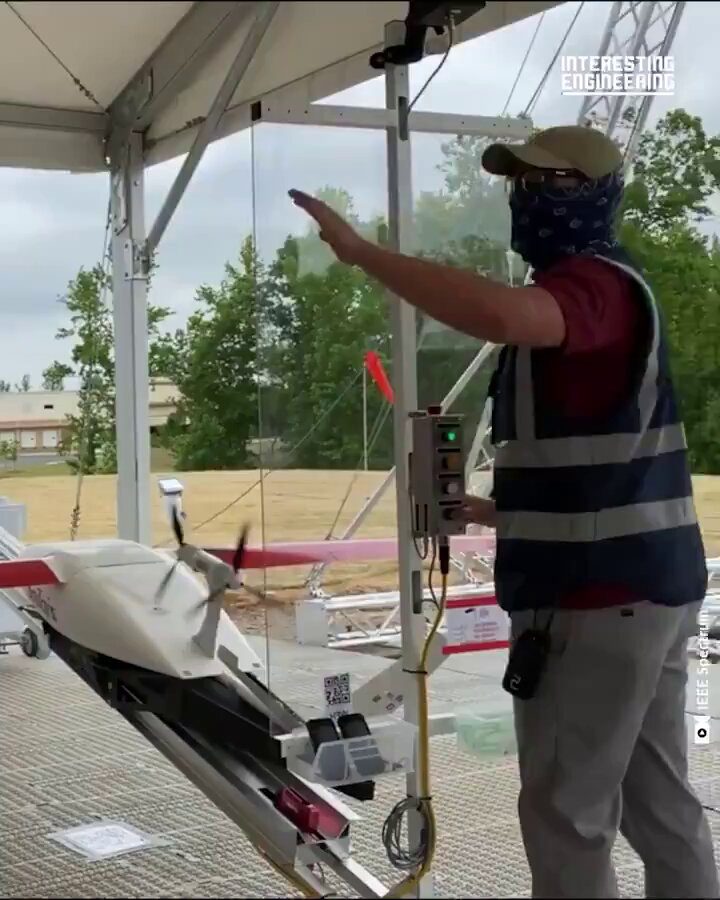In the rapidly evolving landscape of logistics and supply chain management, drone technology is making significant strides. Zipline International Inc., a pioneer in drone delivery, has been at the forefront of this innovation, demonstrating how drones can revolutionize the delivery sector. This article delves into the advancements made by Zipline and the broader implications for the industry.
The Rise of Drone Delivery
Drone delivery has transitioned from a futuristic concept to a tangible reality, thanks to companies like Zipline. Initially focused on delivering medical supplies to remote areas, Zipline has expanded its operations to include a variety of goods, showcasing the versatility and efficiency of drone technology.
FAA Approval and Industry Growth
A significant milestone for the drone delivery industry was the recent approval by the Federal Aviation Administration (FAA) for companies like Wing Aviation (an Alphabet Inc. subsidiary) and Zipline to operate in shared airspace without visual observers. This approval marks a pivotal moment, enabling simultaneous drone flights in the Dallas-Fort Worth area and paving the way for wider adoption across the United States. Read more
The FAA projects that by 2028, there will be over 3 million registered drones in the US, underscoring the rapid growth and potential of this sector. The implementation of drone traffic management systems is crucial to ensure safe and efficient operations, further solidifying the role of drones in modern logistics.
Zipline’s Innovations and Impact
Zipline’s approach to drone delivery emphasizes reliability, speed, and environmental sustainability. By leveraging advanced AI and automation, Zipline’s drones can navigate complex environments and deliver packages with precision. This capability is particularly beneficial in scenarios where traditional delivery methods are impractical or too slow.
Medical Supply Deliveries
One of Zipline’s most impactful applications is the delivery of medical supplies to remote and underserved areas. This service has proven to be a lifeline in emergencies, ensuring that critical medical supplies reach their destinations swiftly. The ability to deliver blood, vaccines, and other medical essentials has significant implications for healthcare logistics, particularly in regions with challenging terrain or limited infrastructure.
Partnerships and Collaborations
Zipline’s success is also attributed to its strategic partnerships with various organizations. Collaborations with healthcare institutions, governments, and private companies have expanded the reach and capabilities of Zipline’s drone delivery network. For instance, partnerships with retailers like Walmart and DoorDash highlight the potential for drones to revolutionize last-mile delivery in urban settings.
The Future of Drone Delivery
The future of drone delivery looks promising, with ongoing advancements in technology and regulatory frameworks. Companies like Serve Robotics and Wing are exploring innovative solutions that combine sidewalk robots with drones to extend delivery ranges without requiring significant changes to merchant facilities. This multimodal approach aims to offer a comprehensive delivery solution that can handle both short and long-distance deliveries efficiently. Read more
Challenges and Considerations
Despite the progress, several challenges remain. Privacy concerns, safety risks, and regulatory hurdles are significant factors that need to be addressed. The legal implications of drone operations, particularly in densely populated areas, require careful consideration to ensure public safety and acceptance.
Economic and Environmental Benefits
Drone delivery presents several economic and environmental benefits. By reducing reliance on traditional delivery vehicles, drones can help decrease traffic congestion and lower carbon emissions. This aligns with broader sustainability goals and offers a more climate-friendly alternative to conventional delivery methods.
Conclusion
Zipline’s achievements in drone delivery exemplify the transformative potential of this technology. As the industry continues to evolve, the integration of AI, automation, and innovative delivery models will play a crucial role in shaping the future of logistics. With regulatory support and technological advancements, drone delivery is poised to become a cornerstone of modern supply chain management, offering efficient, reliable, and sustainable solutions for a wide range of applications.

Check out more AI tools.
Elevate Guest Experience with RoomGenie
Textify Analytics – Affordable Insights at the Speed of AI
